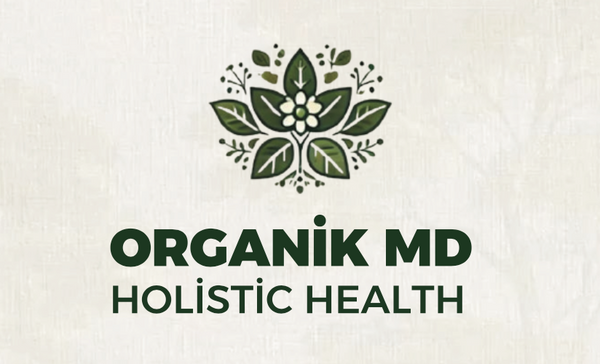Kudzu (Pueraria lobata), often referred to as the "vine that ate the South" due to its rapid growth in the southeastern United States, is more than just an invasive plant. It has a long history of use in traditional Chinese medicine, where it is called "ge gen," and has been valued for its impressive array of health benefits. Let’s explore what makes kudzu a remarkable plant and how it can support wellness in today’s world.
What Is Kudzu?
Native to East Asia, kudzu is a perennial vine known for its large, heart-shaped leaves and purple flowers. While it gained a reputation as a problematic plant in some regions, its roots, flowers, and leaves have been used for centuries as natural remedies.
Nutritional and Medicinal Components
Kudzu is packed with isoflavones, plant compounds that act as antioxidants and mimic estrogen in the body. These compounds are believed to contribute to many of the plant's health benefits. The root also contains puerarin, daidzein, and daidzin, which are associated with its therapeutic properties.

Health Benefits of Kudzu
1. Alcohol Cravings and Addiction Support
One of kudzu’s most researched benefits is its potential to reduce alcohol cravings and consumption. Studies suggest that compounds in kudzu can influence brain pathways linked to alcohol addiction, making it a natural aid for those seeking to moderate or quit drinking.
2. Cardiovascular Health
Kudzu has been shown to support heart health by improving blood flow, reducing inflammation, and potentially lowering blood pressure. Its antioxidant properties may also protect against oxidative stress, a key factor in cardiovascular disease.
3. Menopause and Hormonal Balance
The isoflavones in kudzu may help alleviate symptoms of menopause, such as hot flashes and mood swings, by mimicking estrogen. This makes it a gentle, plant-based option for hormonal support.
4. Migraine and Headache Relief
In traditional Chinese medicine, kudzu is often used to relieve headaches and migraines. Its anti-inflammatory properties and ability to improve circulation are thought to contribute to this benefit.
5. Anti-Inflammatory and Antioxidant Effects
Kudzu’s bioactive compounds help reduce inflammation and neutralize free radicals, which may help protect against chronic diseases and support overall wellness.
How to Use Kudzu
Kudzu is available in various forms, including powdered root, capsules, and teas. Here are some common ways to incorporate it into your routine:
- Tea: Steep dried kudzu root in hot water for a soothing drink.
- Powder: Add kudzu powder to smoothies or soups for a nutritional boost.
- Supplement: Take kudzu capsules as directed for targeted health benefits.
Precautions and Considerations
While kudzu is generally considered safe, it’s important to consult a healthcare professional before adding it to your regimen, especially if you are pregnant, breastfeeding, or taking medications. Kudzu’s estrogenic effects may not be suitable for everyone.
Kudzu is a prime example of how nature offers solutions to modern health challenges. From supporting hormonal balance to aiding in addiction recovery and promoting cardiovascular health, this humble vine deserves recognition for its potential to enhance well-being.
Whether you’re exploring natural remedies for a specific health concern or simply looking to expand your herbal knowledge, kudzu is a fascinating and versatile plant to consider.


